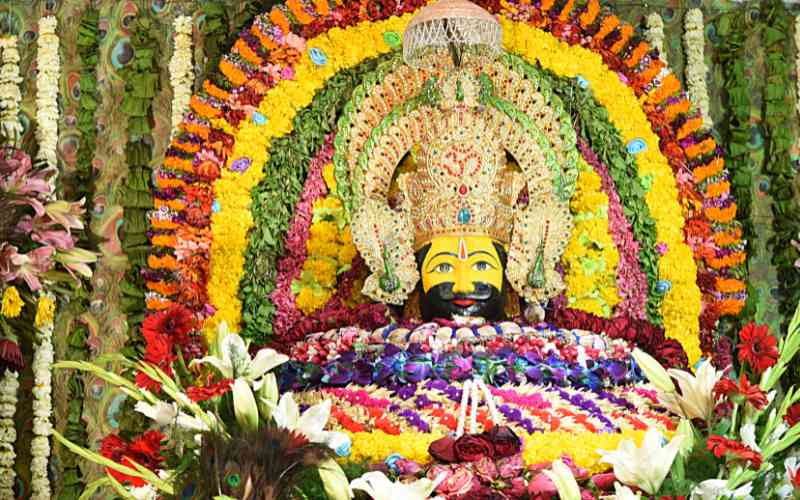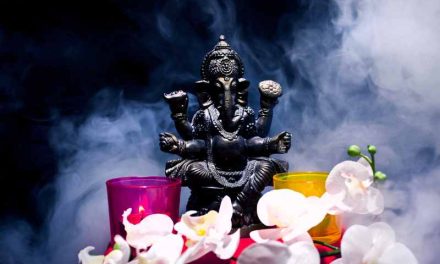The ancient Indian scriptures, known as Upanishads, delve into the depths of philosophical and spiritual thought, providing profound insights into the nature of reality and the human experience. One such Upanishad, the Jabala Upanishad, presents a captivating exploration of the concepts of “Pashu,” “Pata,” and “Pashupati,” unraveling layers of symbolism and wisdom that continue to resonate with seekers of truth.
At its core, the Jabala Upanishad focuses on the journey of self-discovery and the quest for liberation. To comprehend the essence of this Upanishad, one must first grasp the meanings of the terms it revolves around:
Pashu
The term “Pashu” is often translated as “beast” or “animal,” but its significance transcends the literal interpretation. In the context of the Upanishad, “Pashu” symbolizes the individual soul or the human being bound by ignorance and worldly attachments. Just as an animal is driven by instincts and lacks the discernment to recognize its true nature, an individual engrossed in worldly pursuits remains unaware of their higher self.
Pata
“Pata” refers to the path or the means to attain spiritual realization and liberation. It signifies the journey from ignorance to enlightenment, from being confined by the limitations of the material world to realizing one’s true divine nature. This path involves self-discipline, introspection, and the guidance of a spiritual teacher (Guru) who can help dispel the darkness of ignorance and lead the seeker towards self-realization.
Pashupati
“Pashupati” is a profound term that embodies the ultimate state of self-mastery and spiritual sovereignty. It is often translated as “Lord of Animals” or “Lord of Beings,” but its essence goes beyond these literal translations. In the context of the Upanishad, “Pashupati” represents the individual who has transcended their animalistic tendencies (symbolized by “Pashu”) and achieved self-realization. This enlightened being becomes the master of their mind, senses, and desires, attaining a state of divine consciousness.
The Jabala Upanishad uses these concepts to guide the seeker towards a deeper understanding of their true nature and the path to liberation. It emphasizes the importance of self-inquiry and self-awareness as the means to break free from the cycle of birth and death. The Upanishad encourages individuals to recognize their innate divinity and overcome the limitations of their ego-driven existence.
The journey from “Pashu” to “Pashupati” is not an external transformation, but an internal awakening. It involves shedding the layers of ignorance and desires that shroud the true self. The Upanishad underscores that this transformation is not only possible but is also the ultimate purpose of human life.
In the quest for self-realization, the role of a Guru is highlighted in the Upanishad. Just as a shepherd guides his flock, a Guru guides the seeker through the treacherous terrain of their own mind and emotions. The Guru imparts knowledge, provides guidance, and helps the seeker overcome obstacles on their spiritual journey.
Furthermore, the Jabala Upanishad underscores the significance of detachment and renunciation. It doesn’t advocate abandoning one’s responsibilities or pursuits but suggests that true detachment is about maintaining inner equipoise amidst external circumstances. By developing a sense of detachment, one can rise above the dualities of pleasure and pain, success and failure, and navigate life with a serene and balanced mind.
In conclusion, the Jabala Upanishad unveils profound insights into the human experience and the path towards self-realization. Its exploration of “Pashu,” “Pata,” and “Pashupati” transcends mere terminology, offering a roadmap for those seeking to transcend their limited identities and realize their divine essence. The Upanishad emphasizes that the journey from ignorance to enlightenment is not just reserved for a select few but is the birthright of every individual.
As we contemplate the meanings of these terms and the wisdom they encapsulate, we are invited to reflect on our own lives. Are we content to remain as mere “Pashus,” driven by desires and limited perceptions, or are we ready to embark on the transformative “Pata” towards becoming “Pashupatis,” masters of our own destiny? The Jabala Upanishad’s teachings remain as relevant today as they were in ancient times, offering a timeless guide to self-discovery and spiritual evolution.





